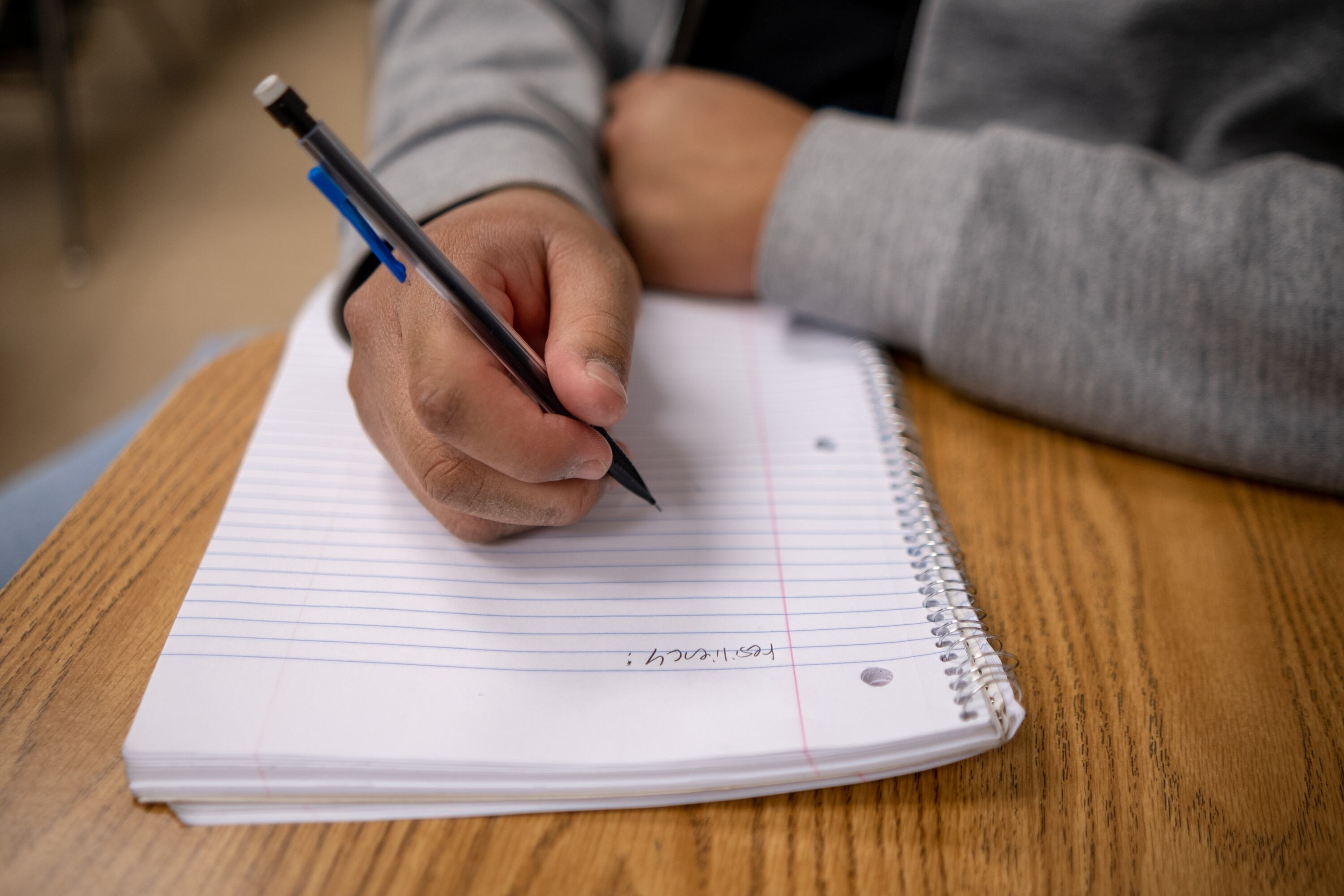What’s the value of a college degree in Indiana? What challenges stand in the way of earning one?
Roughly 60% of Hoosier adults don’t have a degree or certificate beyond a high school diploma. That used to not matter as much in Indiana’s old manufacturing economy. But today, state officials and experts alike say those without a higher education are struggling to compete for decent jobs and a livable wage.
This year, Chalkbeat Indiana is expanding its coverage of higher education in partnership with Open Campus — and we need your help.
Our reporting will continue to focus on educational equity, examining how Indiana’s higher education systems serve students of color and students from low-income backgrounds. We will also cover Indiana’s push to offer job training through credentials and certificates, as well as the connection between postsecondary education and workforce development.
Tell us what you’re interested in reading in our higher education coverage by filling out the form below.
Having trouble viewing the survey? Go here.
Stephanie Wang covers higher education for Chalkbeat Indiana, which partners with Open Campus.







